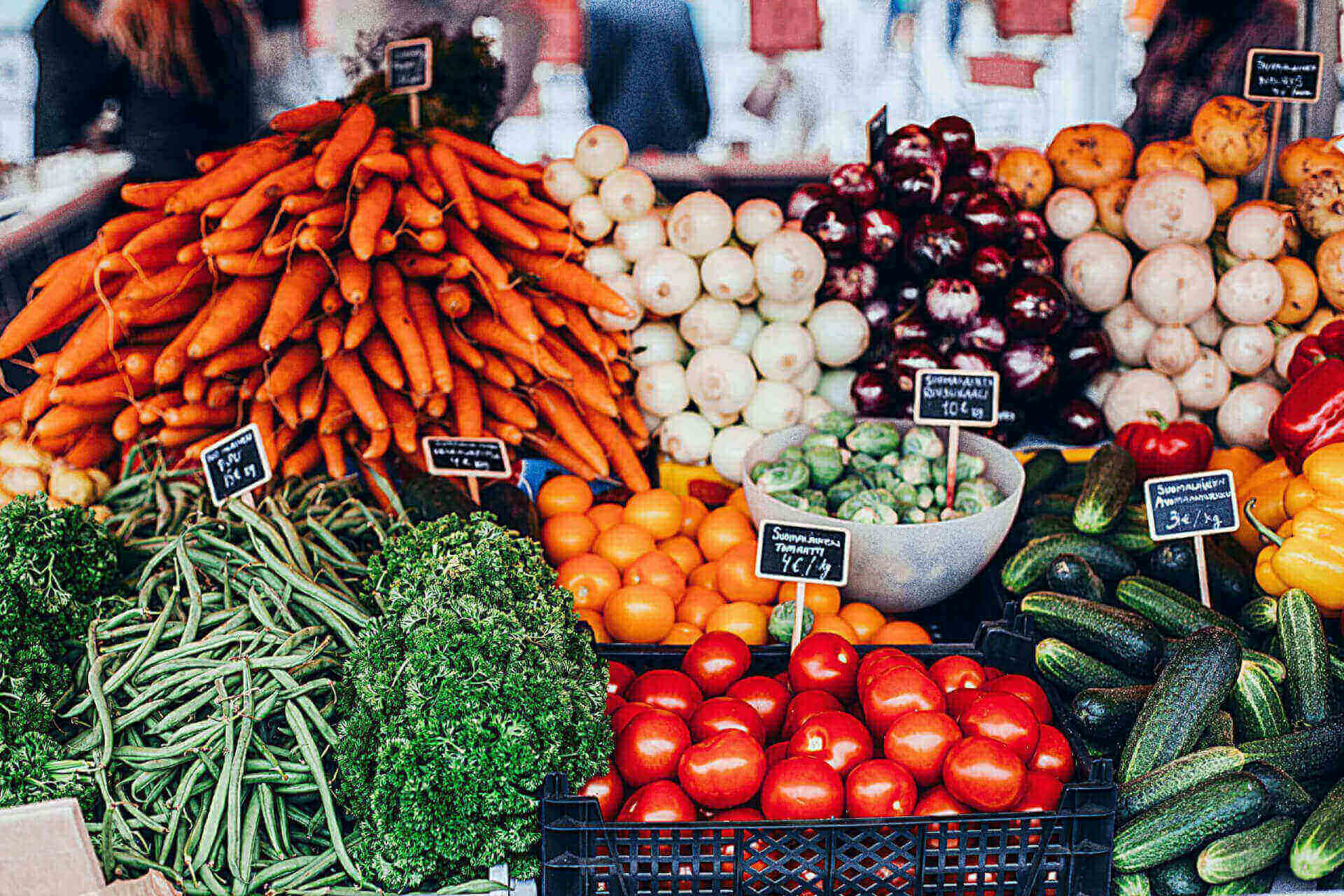How to Protect Your Kidneys
No matter what stage of CKD you’re in, taking steps to protect your kidneys and maintain overall health is always a good idea. If you’re wondering how to protect your kidneys, there are a number of simple lifestyle choices you can make to keep your kidneys as healthy as possible and help stop kidney failure.
Protect your kidneys with healthy food
Changing your diet, especially avoiding heavily processed foods, can support good kidney health and reduce the risks for diabetes and hypertension—two leading causes of chronic kidney disease.

- Limit salt, sugar, saturated and trans fats, and caffeine. These contribute to high blood pressure, high blood sugar, and obesity—all of which put a strain on the kidneys. Animal fats, fried foods, many canned and preserved foods, sodas, and fruit drinks are some types of processed food items you should avoid.
- Eat mostly organic fresh fruits and vegetables. Compromised kidneys cannot filter out chemicals that are used in pesticides. Talk to your doctor about healthy fruit intake, especially if you’re diabetic.
- Limit dairy products. Dairy products contain vitamins, minerals, and other nutrients that our bodies need. Studies generally show that dairy can be protective against CKD if your kidneys are still healthy. Dairy products, however, also tend to contain high amounts of phosphorus, calcium, and potassium, which weakened kidneys cannot properly filter out and balance in the bloodstream.
- Drink enough fluids (but not too much!). Ask your healthcare provider what a safe amount of fluid intake is for you. It’s important to stay hydrated, but you don’t want to overwhelm your kidneys with too much liquid for them to process, especially in later stages of kidney disease. Stick with healthy fluids as much as possible, and take special care to avoid cola drinks. Prolonged use of cola drinks can cause damage even to healthy kidneys.
- Eat protein but do it sparingly. Protein is a key part of any diet, but consuming more protein than your body needs causes your kidneys to work overtime.
Protect your kidneys with healthy actions
Food is a critical component, but it’s still only part of the answer to the question of how to prevent kidney failure. Making smart choices and nurturing healthy habits in other areas of your life are just as important.
- Exercise. Any exercise is better than no exercise for people living with CKD. If you get bored going to a gym and lifting weights or using a treadmill, you might choose walking, gardening, yoga, or dancing as an exercise. Even cleaning the house can get your heart rate up and improve blood flow.
- Quit smoking, or don’t start. Smoking inhibits blood flow to your organs, including the kidneys. It can also interfere with hypertension medications, cause hardening of the renal arteries, and hasten kidney function decline.
- Monitor and manage your blood sugar and blood pressure. Check them regularly and frequently. In addition to healthy lifestyle habits, make sure that you take any medications prescribed by your physician as directed.
- Get good sleep. Healthy sleep patterns—not too little nor too much, as well as ensuring good quality—is easier said than done for many people, but here are some simple strategies that can help.
- Try turning down the lights as you’re getting ready for bed.
- Meditate, or just sit quietly, in a chair for a few minutes with your eyes closed.
- Drink a cup of warm milk (non-dairy if necessary) or herbal tea.
- Ask your healthcare provider about safe, natural sleep enhancers.
- Avoid frequent use of over-the-counter (OTC) pills. OTC painkillers and anti-inflammatory pills, such as ibuprofen, Motrin, Advil, and Aleve, can reduce blood flow to the kidneys. Antacids and decongestants are also not recommended. Consult your doctor about continued aspirin use if you’re taking it for a heart condition.
Stay ahead of your CKD
Responsum for CKD empowers people with kidney disease through community, knowledge, and shared experiences
Protect your kidneys with a healthy attitude
Stress can lead to negativity and anxiety, which are both hard enough emotions on their own. When stress becomes chronic, it also puts extra strain on your kidneys by flooding your blood with hormones intended to help you survive in brief moments of danger. Stress also causes high blood pressure, frequently leads to heart disease, and can accelerate renal failure. Reducing your stress-related tension is both healing and protective.

Some ways to relieve stress include the following:
- Relax. How? By doing whatever safely works for you. Some great options include meditation, journaling, listening to music, spending time with a pet, walking in nature, volunteering, dancing, taking a class, painting, sculpting, knitting, watching a movie, writing a poem, or playing an instrument.
- Express your emotions. Speak, write, and otherwise share your feelings—whatever they may be—in productive ways and without judging yourself. Talk with friends, family, a support group, and/or a therapist. Holding your feelings inside can lead to depression, hypertension, and a variety of stress-related conditions.
- Be positive. This doesn’t mean “be unrealistic.” Being positive means facing challenges head-on. Instead of focusing your thoughts and energy on unpleasant aspects and possible negative outcomes, focus on the positive steps you’re taking—and can take moving forward—to achieve positive results.
- Take stock of what you’re grateful for. Despite the health challenge you’re experiencing, there are likely still aspects of your life, from people and pets to items and activities, that bring you joy and comfort. Studies show that gratitude can reduce pain and boost your immune system.


